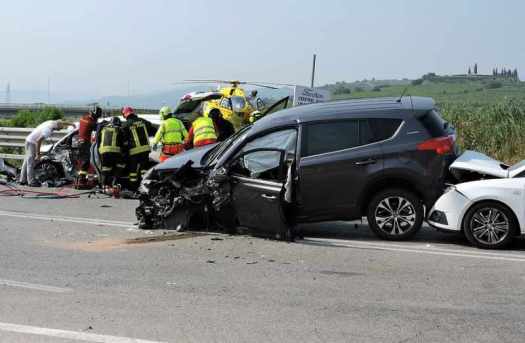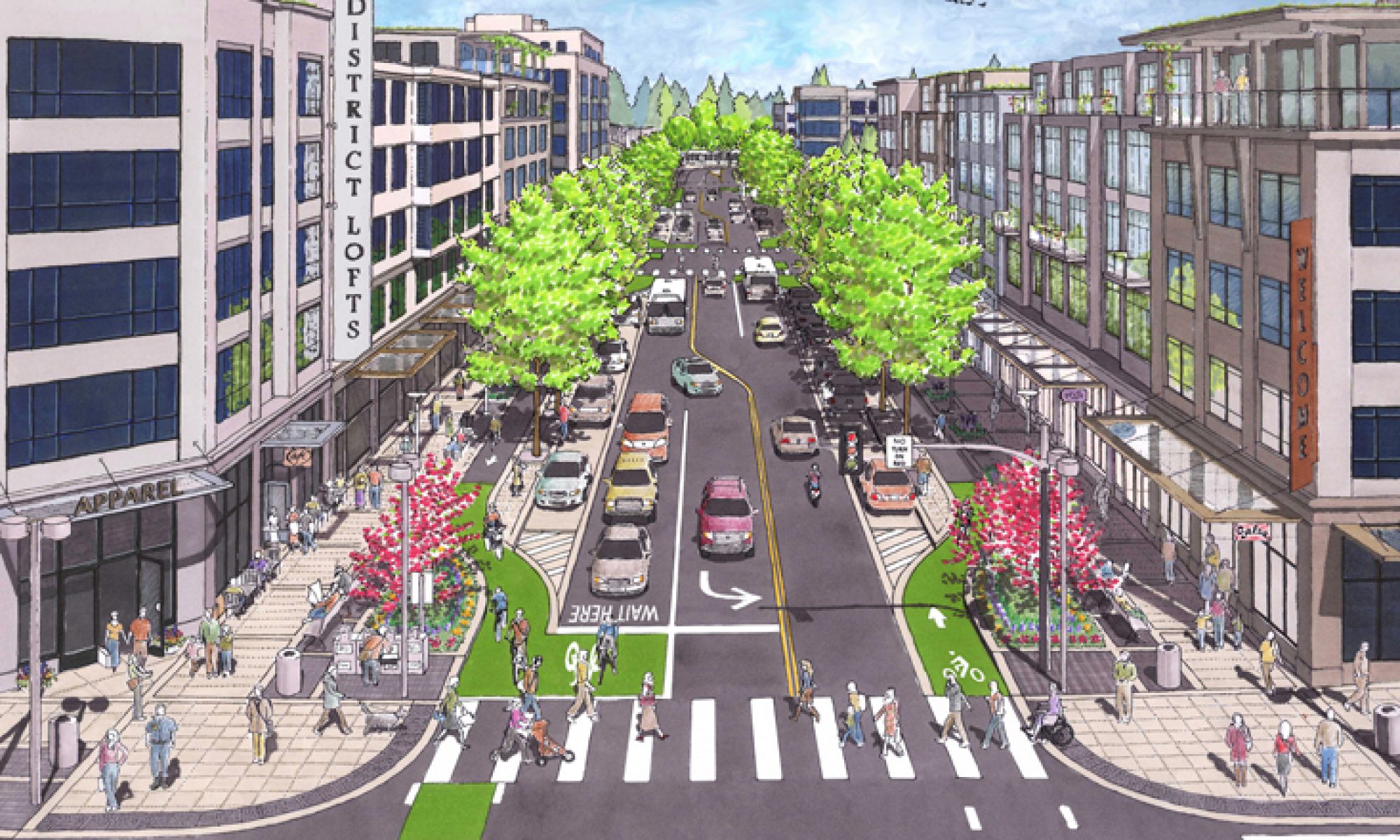Drivers in the US are attracted to huge SUVs and trucks party because fuel prices are so low, and mostly as a result of the brainwashing effect of the automotive industry advertising the feeling of personal empowerment and freedom. The industry has slowed or stopped production of less-profitable sedans and focused on bigger vehicles with higher margins, so they sell the truck drug to willing consumers. This article from 2005 from The University of Rochester describes ads for SUVs and trucks triggering an emotional response with the promise of liberation and freedom. The names of vehicles like Ford’s Discovery and Freelander, Subaru’s Forester and Outback, Ford’s Excursion, Expedition and Escape evoke the All-American love of wilderness and exploration. The names of these giant vehicles conjure up the great American outdoors, while disregarding the negative environmental impact, as described in 2006 in this article from The University of Colorado Center Science and Policy.
The SUV Durango Hellcat is marketed in this ad, driving on a completely empty road in the middle of nowhere, as a “family” SUV (a family vehicle named Hellcat??), with top speed of 180 mph and 0-60 in 3.5 seconds. The reality is that these are death vehicles operating in our cities and suburbs.
Tall front grills will more likely kill a pedestrian by striking at chest level, or crushing an unseen child, than a sedan, which would strike at leg level.
“Landmark studies from the Insurance Institute for Highway Safety, the Governor’s Highway Safety Association, and others have correlated a 50-percent increase in U.S. pedestrian fatalities over eight years to the rising popularity of pick-ups, vans, and sport utility vehicles.”
As a result of these statistics, citing “U.S. vehicle safety standards are much lower than those permitted for vehicles sold in the U.K.”, experts in the United Kingdom are urging their government to ban import of American-made SUVs.
The UK is considering banning American SUVs and Trucks deeming them too dangerous,. Will the US follow suit and eliminate them from American streets? Doubt it.
American SUVs are Too Dangerous for UK Roads, UK Safety Experts Say
 New cars in the United Kingdom are required to meet advanced vehicle safety standards that mandate pedestrian detection technology, and, eventually, speed limiters. Meanwhile, U.S. vehicle safety standards only require car manufacturers to meet minimum crash safety standards for people inside vehicles in the event of a collision — and say nothing about vulnerable road users who might be on the other end of a crash.
New cars in the United Kingdom are required to meet advanced vehicle safety standards that mandate pedestrian detection technology, and, eventually, speed limiters. Meanwhile, U.S. vehicle safety standards only require car manufacturers to meet minimum crash safety standards for people inside vehicles in the event of a collision — and say nothing about vulnerable road users who might be on the other end of a crash.






